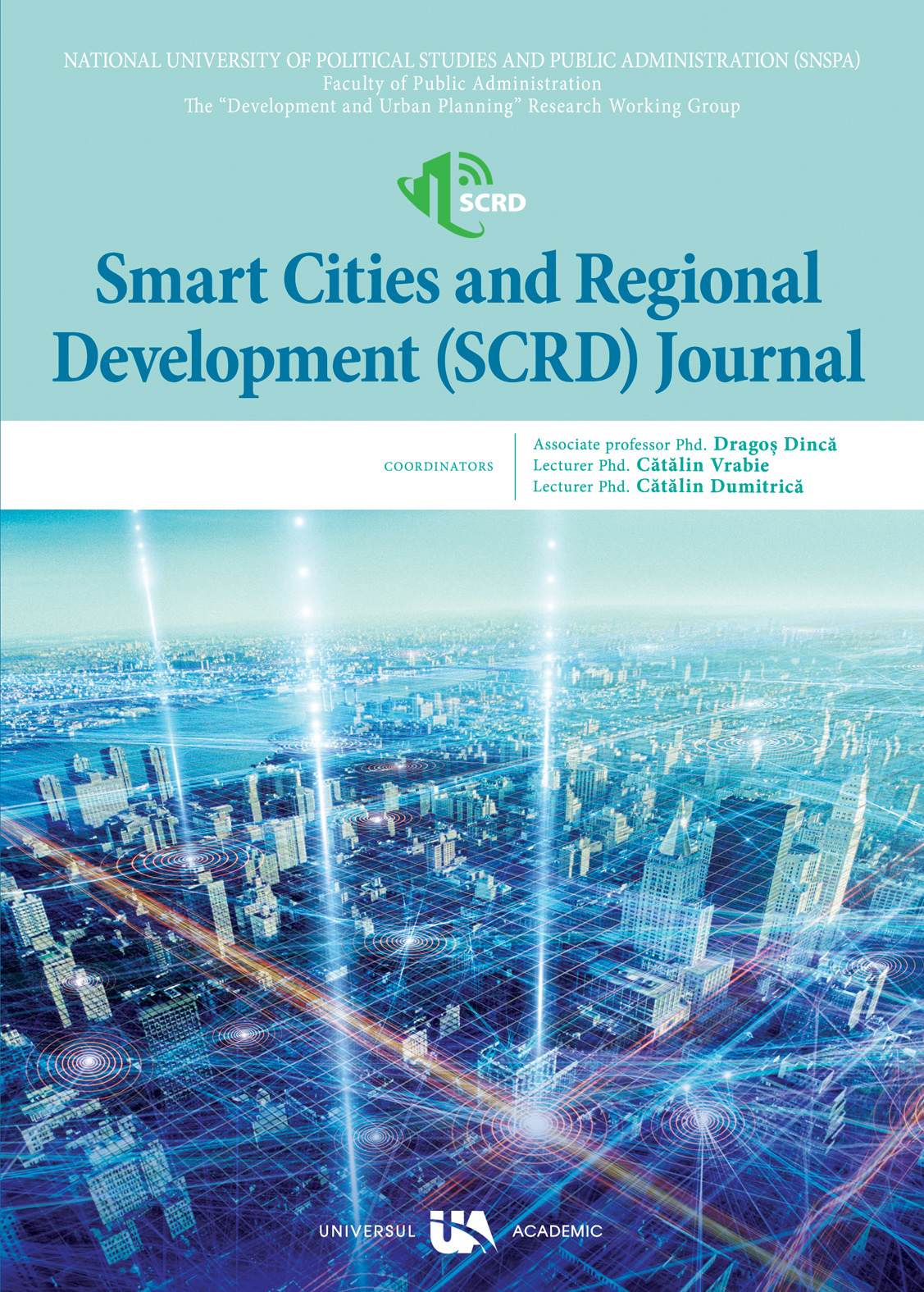Establishing participative Smart Cities: theory and practice
Establishing participative Smart Cities: theory and practice
Author(s): Léo J. Portal, Brian FabrègueSubject(s): Politics / Political Sciences, Social Sciences, Economy, National Economy, Library and Information Science, Supranational / Global Economy, Business Economy / Management, Energy and Environmental Studies, Preservation, Education and training, Other, Political Sciences, Public Administration, Communication studies, Sociology, State/Government and Education, Social Informatics, Sociology of the arts, business, education, Economic development, Tourism, ICT Information and Communications Technologies, Socio-Economic Research, Transport / Logistics
Published by: Editura Pro Universitaria
Keywords: adoption; implementation; city management
Summary/Abstract: In recent years, there have been efforts carried out by international organisations, like the OECD or the EU, to push for smart cities to take inclusion as one of their core pillars. This raises the question of a newly discussed concept: participative (or participation) smart cities. More specifically, it raises the question of whether such a setting or program is feasible , and how passive participants can be transformed into active stakeholder. Hence, the objective of this article is to investigate whether participative smart cities exist in 2021 and what drives their success. In order to answer the research question, this article intends to assess the level of citizen participation in a sample of selected smart cities. Based on existing knowledge, a framework listing the most common citizen participative practices, and with the help of a case design of each selected cities, we establish how participative smart cities are feasible and whether there are institutional and political characteristics that make them differ from smart cities that lack participative processes. We find that institutional determinants are key for cities willing to establish participative platforms involving citizens in the city management processes. The article concludes that if smart cities want to follow international organisations recommendations to make cities more inclusive and participatory, institutional reforms must be conducted.
Journal: ORAȘE INTELIGENTE ȘI DEZVOLTARE REGIONALĂ
- Issue Year: VI/2022
- Issue No: 02
- Page Range: 43-62
- Page Count: 20
- Language: English

